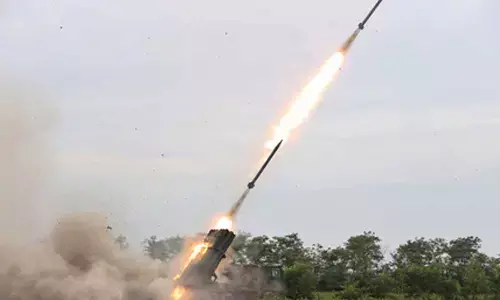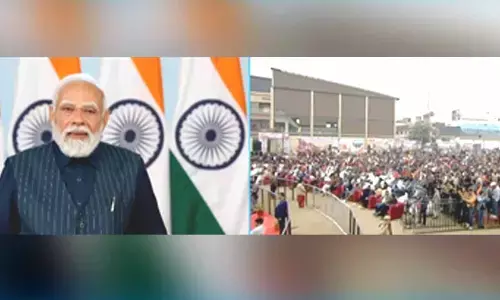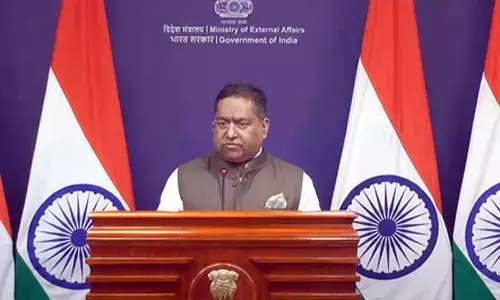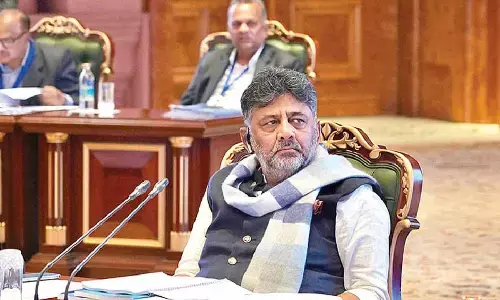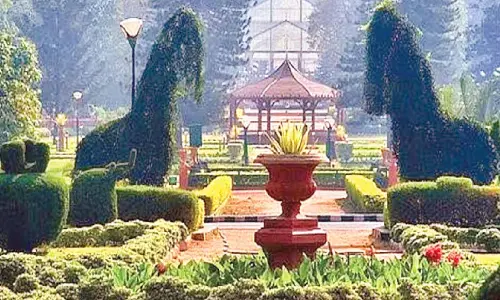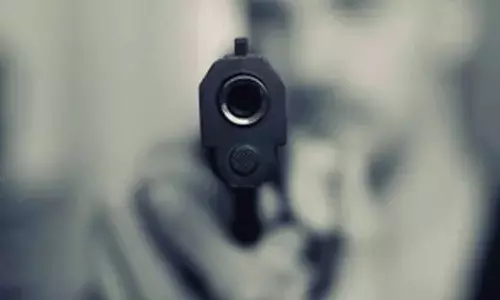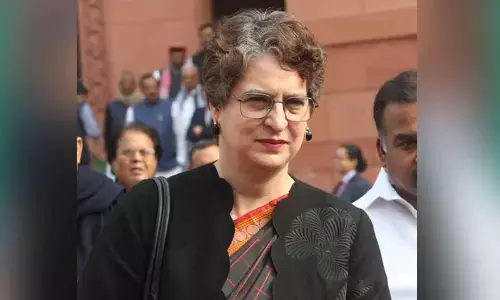Kerala IPS Officer's Program Of 'Students Police Cadets project' Reaches 12000 Schools
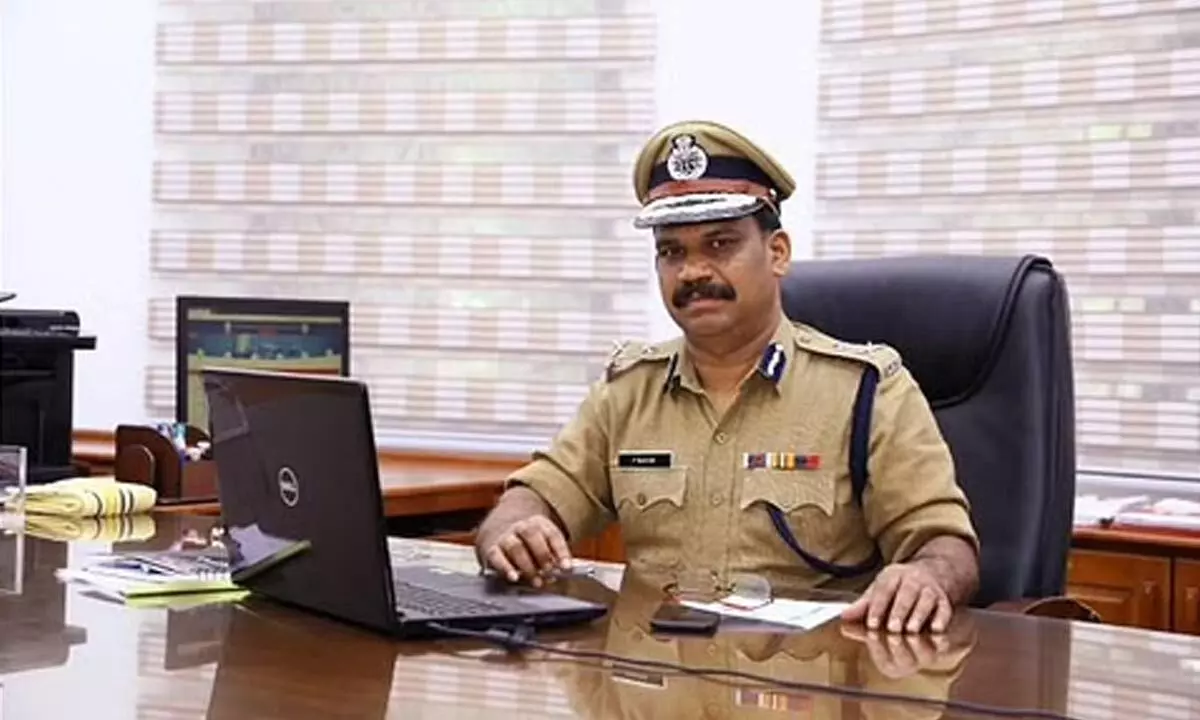
P Vijayan, an officer of the Indian Police Service
- P Vijayan, an IPS officer who created the groundbreaking programme known as "student Police Cadets," has made significant progress with this endeavour.
- In 2010, the project was taken up by the Keralan government. 5,588 cadets were introduced to the SPC motto 'we Learn To Serve' on August 2 in 2010 in batches of 44 kids each in 127 schools.
P Vijayan, an IPS officer who created the groundbreaking programme known as "student Police Cadets," has made significant progress with this endeavour. He spent two years working nonstop on creating India's original concept; 'the Student Police Cadet (SPC).'
Following their training through the module created by this senior IPS officer, 2 lakh SPCs are now working with police to maintain peace and order and foster fraternity in various states throughout the nation.
P Vijayan stated that the project's structure was designed over the course of the following two years, and it was put into use in the pilot phase in 2008. In 2010, the project was taken up by the Keralan government. 5,588 cadets were introduced to the SPC motto 'we Learn To Serve' on August 2 in 2010 in batches of 44 kids each in 127 schools.
Since 2010, the SPC initiative had a significant impact on kids, parents, teachers, and police officers in general. It has also helped to develop change leaders who are becoming more aware of their civic duties and defending the notion of 'India First.'
He explained the fundamental tenet of SPC, stating that it aims to support the systemic use of alliances and problem-solving methods. The most significant change accomplished in the area of youth empowerment and children capacity building is the Student Police Cadet (SPC) Project.
The SPC project is a two-year training programme designed to help high school students become capable and responsible citizens by instilling respect for the law, inner capability, self-discipline, civic sense, empathy for the weaker members of society, and resistance to social evils, according to him. He also added that it sharpens crucial skills such as critical thinking, creativity, communication, and collaboration.
The State Government Departments of Home, Education, Health, Forest, Excise, SC/ST, Social Welfare, and the general Civil Society are partners in the program's creation.
He claimed that in 2013, when Narendra Modi was the chief minister of Gujarat, he was fascinated with the SPC and sent a group to Kerala to research the programme under the leadership of Hasmukh Patel, IPS. Following the delegation's findings, the Gujarat government later widely implemented the SPC programme in a number of schools.
The administrations of Haryana, Rajasthan, and Karnataka came after Gujarat after a few months. The next significant event in SPC history, however, occurred when Rajnath Singh, the then-Union Minister for Home, visited Kerala in January 2017 and was moved by the cadets' display of professionalism, zeal, and patriotism.
According to him, the SPC initiative has currently been accepted by 1,000 schools in Kerala, and 86,000 cadets are enrolled in a 7,000-hour training programme that is well-structured and well-researched.
12,000 schools in India have adopted the SPC since the program's countrywide introduction. According to him, the UNICEF designated Student Police Cadets as 'Child Right Ambassadors,' impressed by the project's impact. Delegates began arriving from Tanzania, Ghana, and Kazakhstan, while people in Sri Lanka, the Maldives, and many other nations inquired about the programme.








